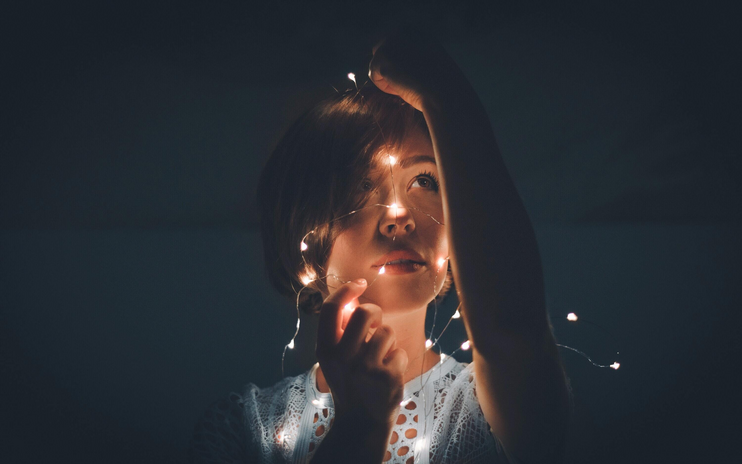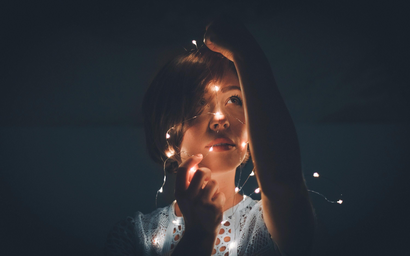As I was doing my usual scroll through Instagram the other day, I stumbled on a post that read ‘Why are we so addicted to validation from others?’ and it really struck me. I read the comments that followed and person after person (mainly women) were pouring their hearts out as to how they struggle with this, and so desperately want to be freed from the need to be externally validated.
It spoke to me that so many of us go through our lives living for those around us, basing our choices (big and small) on what the people around us will think and how we will subsequently be viewed. As much as we can try to deny it, we’re social beings and we crave acceptance. We want to be liked and have the tick of approval from society because this is far easier than taking risks and potentially compromising people’s impressions of us. Individuality is important, but is it worth the possible backlash when we don’t conform to the expectations around us?
Validation comes in a variety of forms, whether that’s from our peers, parents, our significant other or even ourselves – but one thing all these types of validation have in common is that they are toxic and lead to negativity. I know for me, being a people pleaser is something that often causes me to slip up and get lost in the crowd. It means I’ll appease others even if it’s at the cost of my own principles or backing down when faced with conflict- because it’s often easier to sit back and go unnoticed than cause a stir. Ultimately, it’s all tied up in outer appearances and wanting to control how people view us. It’s not staying true to ourselves when it matters because what we value more is not coming from within. It’s so relevant in so many aspects of our lives and has, probably more than we’d like to admit, led us to where we are today.
When I think back to my school days, it’s crazy to think how much time was spent seeking approval; whether that was the outfit you planned for mufti day or whether or not you auditioned for the play. We were so embedded in our immediate surroundings that we forgot how temporary and shallow these things all were. But it goes further than simply how we just wanted to fit in and only wear Hollister when we were thirteen, because that was considered ‘cool’, it affects whether or not we share that Instagram story about mental health, or Sarah Everard or whether we call out our friends for their casual racism and misogyny. It highlights that maybe we’re not as individual as we think if we’re not able to make ourselves uncomfortable or challenge the norms of our social circles when we feel convicted.
It’s hard to let go when validation tells us we’re doing something right, but by who’s standards? Are these in line with our own true and authentic values? Our identities can become consumed by the culture around us and it’s so easy to lose ourselves if we’re focused on pleasing others. Looking outwardly for approval causes us to forget what’s inside and to place this above what we know is important.
I think the key to overcoming the need to conform is having a strong sense of self, fixing our eyes on what we know is authentic – because ultimately, if we’re performing a role for others, chances are so are they. It’s a vicious cycle, but one that we can break if we’re willing to be uncomfortable and put ourselves on the line for what we believe in. For me, rooting myself in my identity in Jesus reminds me that I’m not living for society’s standards. Culture will change but God remains the same. Knowing my worth lies in so much more than what is tangible here on earth grounds me when I feel myself slipping into dangerous territory. I know that seeking validation from Him is completely more fulfilling than the hollow and temporary approval I can get from those around me.
Where we find our worth and value is personal, but recognising that, first and foremost, this comes from within, is crucial when standing up against the forces that limit and confine us. Living in truth with our own beliefs and principles can be difficult, it can feel like a risk and full of uncertainty. But if we put our fears aside and live in the truth of our authentic selves, we have the potential to be the change we want to see.


